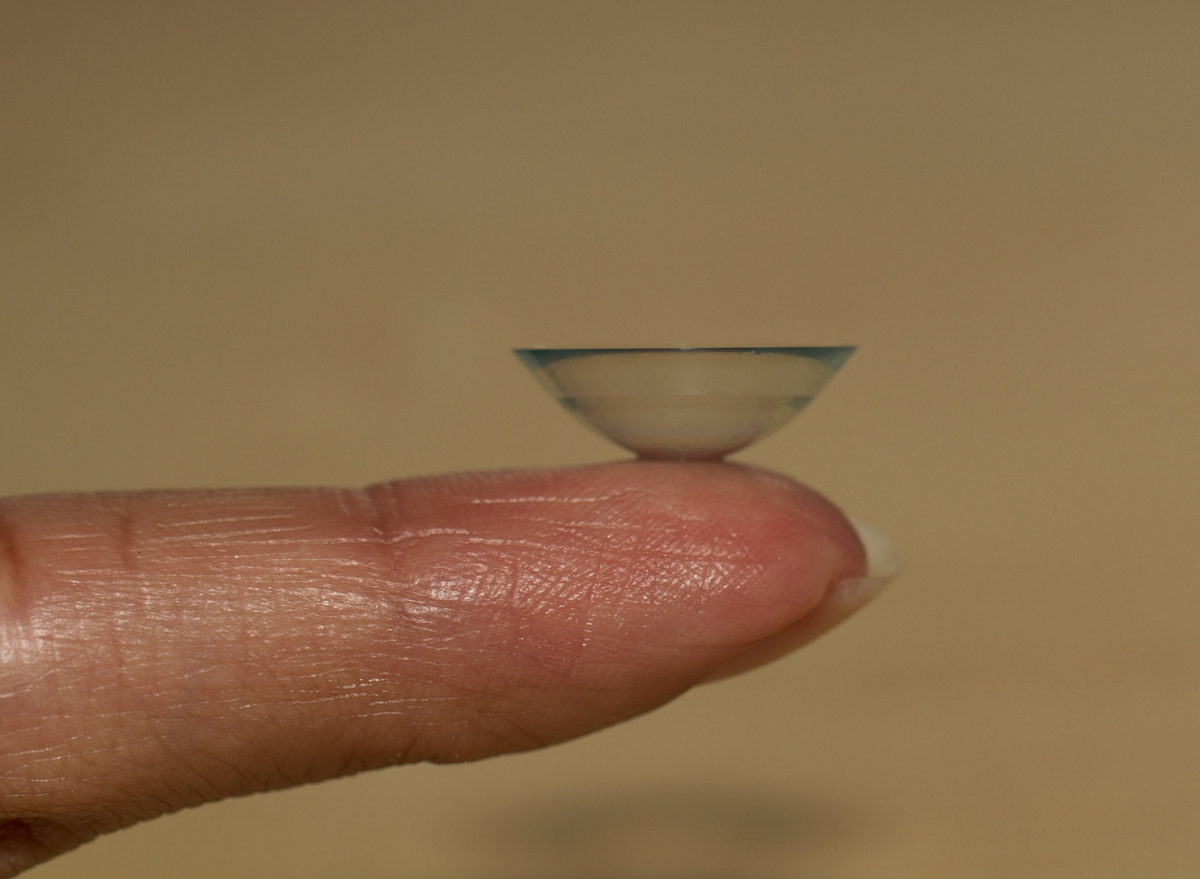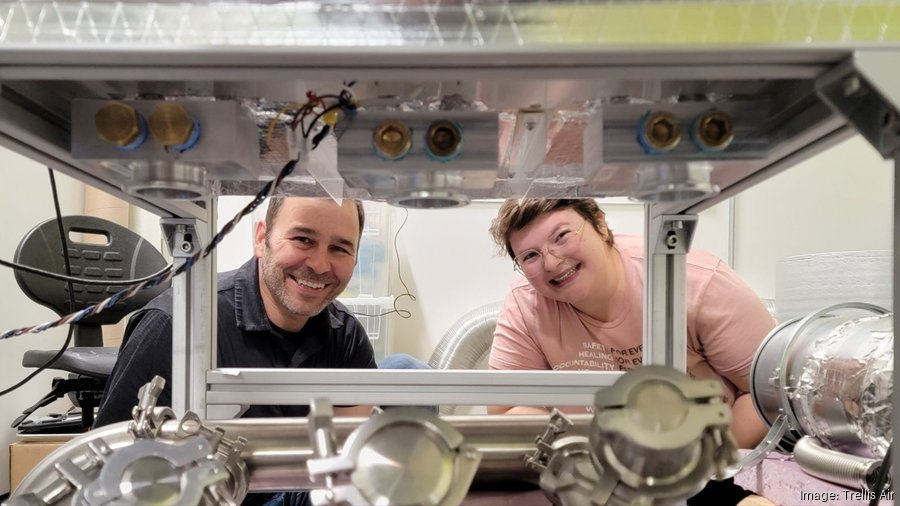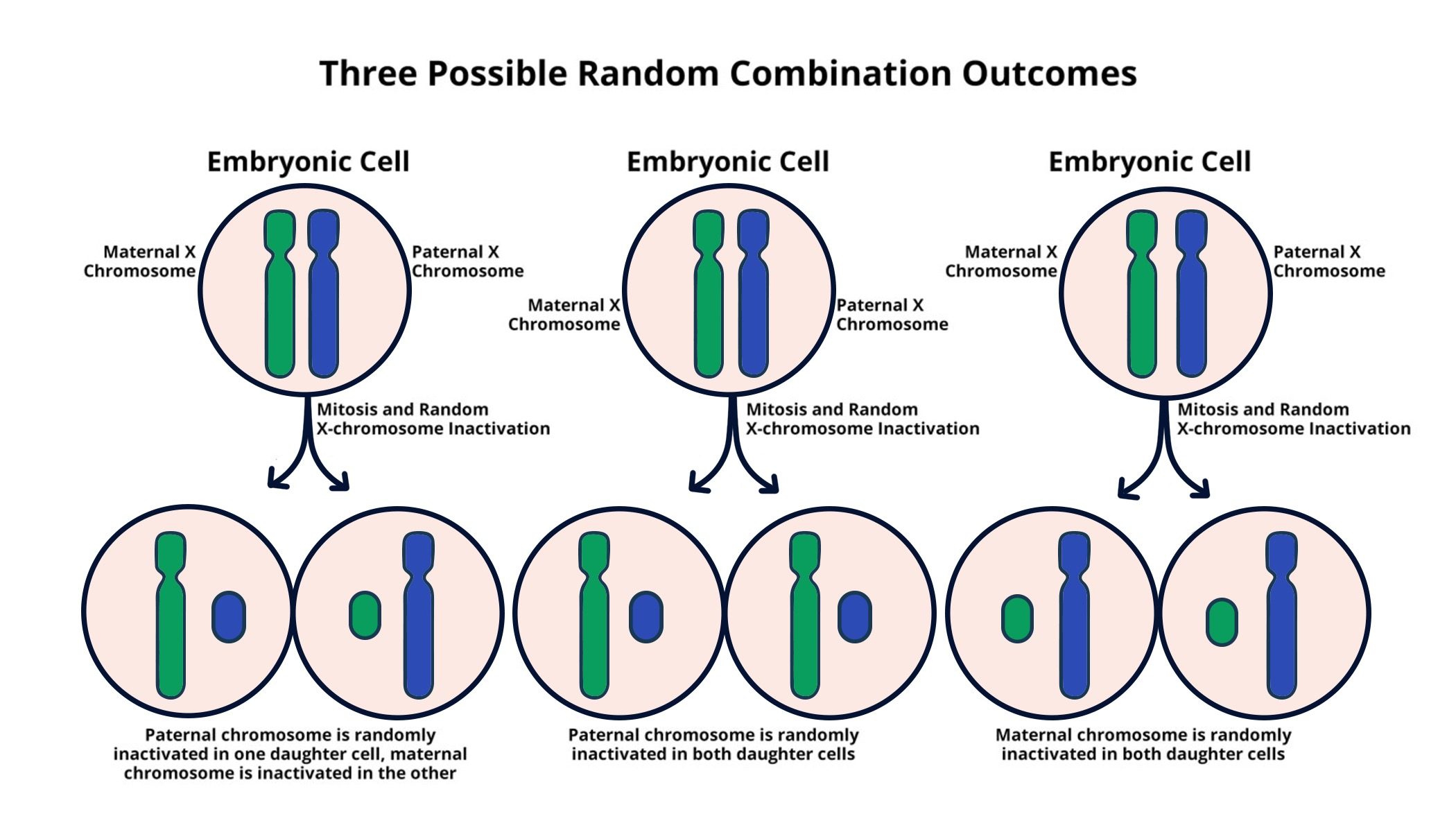Mini-lenses are revolutionizing the landscape of optics innovation, offering a compact and efficient alternative to traditional glass lenses. Developed through advanced research, these innovative devices harness the power of metasurfaces—tiny structures engineered to manipulate light at unprecedented levels. Spearheaded by Rob Devlin at the startup Metalenz, mini-lenses have become essential components in various consumer electronics, enabling a myriad of applications while reducing production costs. This advancement signals a significant shift in how optical technology can be integrated into everyday devices, propelling industries toward a future marked by efficiency and miniaturization. As demand for these groundbreaking optics continues to rise, the impact of mini-lenses on consumer electronics and beyond is poised to reshape our interaction with technology.
The emergence of micro-optical elements, often referred to as miniaturized lenses, represents a pivotal advancement in the field of light manipulation. These diminutive optical components, built upon the principles of metasurface technology, enable devices to focus light more effectively without the bulk of conventional lenses. Innovated by Rob Devlin and his team at Metalenz, these small-scale optics pave the way for new functionalities within various consumer gadgets, streamlining their design and enhancing performance. The rise of these compact lenses signifies a shift in both aesthetic and functional paradigms within electronic devices, marking the dawn of a new era in optics.
The Rise of Mini-Lenses in Consumer Electronics
Rob Devlin’s development of mini-lenses during his doctoral studies at Harvard represents a significant advancement in optics innovation. These innovative optical devices, leveraging metasurfaces, allow for light manipulation with unprecedented efficiency and compactness, transforming traditional imaging systems. By employing arrays of tiny pillars on a thin wafer, mini-lenses can be produced at scale, paving the way for their integration into various consumer electronics products, which increasingly prioritize slim designs and multifunctionality.
The transition from research to commercial application has been rapid, with Metalenz producing millions of these mini-lenses for use in leading consumer electronics. This includes devices such as smartphones and tablets, where traditional bulky lenses often limit design possibilities. The mini-lens technology addresses these challenges, enabling manufacturers to incorporate advanced features without compromising form factor.
Frequently Asked Questions
What are mini-lenses and how do they differ from traditional lenses?
Mini-lenses, or metasurfaces, are thin optical devices that manipulate light using arrays of tiny structures, unlike traditional lenses which rely on curved glass or plastic. They offer a more compact and cost-effective solution in consumer electronics, enabling manufacturers to design sleeker devices.
How do mini-lenses impact consumer electronics?
Mini-lenses significantly enhance consumer electronics by enabling smaller camera modules, improved 3D sensing capabilities, and innovative features like face recognition and augmented reality. Companies like Metalenz have integrated these light-focusing metasurfaces into products from leading tech brands, revolutionizing the way devices capture images and interact with users.
Who is Rob Devlin and what is his role in mini-lens technology?
Rob Devlin is the CEO of Metalenz and was instrumental in developing mini-lenses during his doctoral studies at Harvard. His work on metasurfaces has led to the mass production and commercialization of mini-lenses, making advanced optical functionality more accessible in consumer electronics.
What advantages do mini-lenses have over traditional optical systems?
Mini-lenses offer several advantages, including reduced size and weight, lower manufacturing costs, and the ability to integrate multiple optical functions on a single chip. This innovation disrupts conventional optics by fitting advanced capabilities into smaller devices without compromising performance.
What are some applications of mini-lenses in current technology?
Mini-lenses are used in various applications, including facial recognition, 3D room mapping, and augmented reality. Devices such as the iPad and Samsung Galaxy S23 Ultra incorporate these metasurfaces, improving image quality and functionality in consumer electronics.
How does Metalenz contribute to the advancement of mini-lenses?
Metalenz focuses on the research, development, and mass production of mini-lenses, leveraging Rob Devlin’s initial work on metasurfaces at Harvard. The company partners with semiconductor manufacturers to ensure broad adoption and integration of these innovative optical systems into consumer products.
What is the future of mini-lenses in the optics industry?
The future of mini-lenses looks promising as they pave the way for new applications in various fields, including security, healthcare, and environmental monitoring. Ongoing innovations from companies like Metalenz aim to enhance functionality and support the growing demand for compact optical components.
How does Light Polarization enhance mini-lenses’ capabilities?
Light polarization adds an extra layer of functionality to mini-lenses by allowing devices to capture unique optical signatures. This could lead to increased security measures in smartphones and new methods for detecting conditions like skin cancer, showcasing the versatile applications of metasurfaces.
| Key Points |
|---|
| Rob Devlin developed mini-lenses during his Ph.D. at Harvard. |
| Metalenz, founded in 2016, produced 100 million mini-lenses for consumer electronics. |
| Mini-lenses allow for smaller, cheaper camera systems in devices like iPads and smartphones. |
| The 3D sensing module uses mini-lenses for facial recognition and AR applications. |
| New Polar ID technology enhances smartphone security with mini-lenses. |
| Metalenz aims for continued innovation while facing competition in the industry. |
Summary
Mini-lenses are revolutionizing the way we think about optics and consumer electronics. Developed through cutting-edge research at Harvard, these innovative optical devices are found in various products today, such as smartphones and tablets. Metalenz, the startup founded by Rob Devlin, has successfully transitioned these mini-lenses from university research into mass production. With advancements like Polar ID promising enhanced security features, the future looks bright for mini-lenses, showcasing their potential to disrupt and redefine industries.









